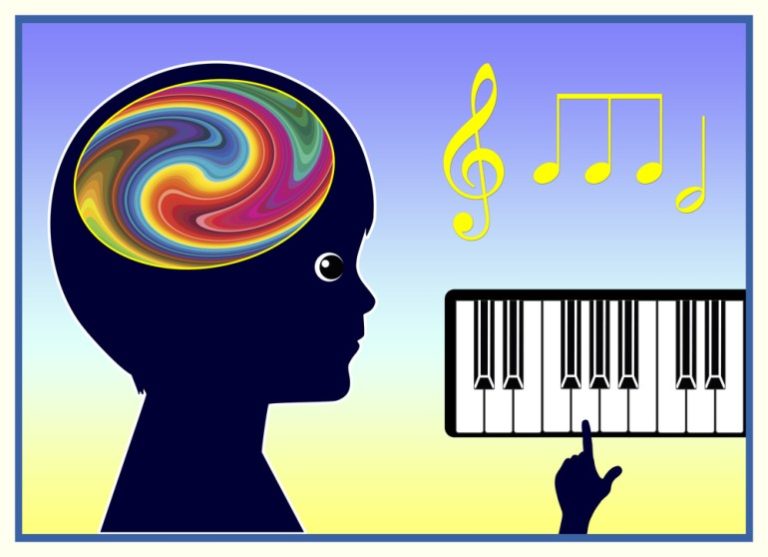
Autism is a complex disorder that causes problems with social skills and communication. There are a variety of therapies that may help.
The right therapy depends on your child’s needs and goals. The most effective approaches are based on scientific research.
Occupational therapy
Occupational therapy is an effective treatment for autism, as it can help children develop skills to interact with their surroundings and perform daily tasks independently. It also helps with fine motor skills, sensory processing and emotional regulation.
OTs use their knowledge of human development, kinesiology (the study of movement), psychology, and client-centered care to develop effective strategies for clients with disabilities.
Occupational therapy involves teaching people with autism to improve their activities of daily living and instrumental tasks, such as eating or dressing. It can also help them manage stress, build up physical stamina, or increase recreational activities.
Speech-language therapy
Speech-language therapy is a treatment for autism that helps people who have trouble communicating with others. It involves improving verbal, nonverbal, and social communication skills.
Typically, this therapy begins with an evaluation performed by a speech-language pathologist (SLP). From there, the SLP creates an individual plan for communication and language development.
SLPs also work with parents to help them develop communication strategies for their child with autism. This can include following their lead, facilitating parallel talk or play, using visual supports or alternative and augmentative communication (AAC), and providing choices.
Physical therapy
Physical therapists can help children with autism improve their motor skills and learn to participate in social activities. This can help them navigate crowded school hallways, cafeterias and playgrounds.
PTs can also treat adults with autism who struggle with daily tasks like eating, self-care or walking. They also create personalized exercise routines that promote physical fitness and body coordination.
Research has shown that gross motor skills and core strength are key to improving social and behavioral skills in children with autism. Those with poorer gross motor skills and weaker core strength have more delays in these areas.
Medication
Non-medical interventions are the primary way to treat autism, but if they are not effective, medication may be used to control symptoms. Some drugs can help with communication problems, social challenges and repetitive behaviors associated with autism.
Stimulants, antidepressants and antipsychotics are common medications prescribed to children with autism. Medications used to treat ADHD often have side effects for people with autism, so healthcare providers need to monitor the child carefully.
One medicine approved by the FDA for reducing irritability in 5-to-16-year-olds with autism is risperidone (Risperdal). It works on dopamine receptors, and it helps decrease impulsivity, self-injury, tantrums, aggression and withdrawal among individuals with autism.
Psychological approaches
Psychological approaches can help a person with autism cope with anxiety and other mental health problems. They can also help people with ASD learn ways to control their emotions and express their needs more effectively.
A psychological approach called Cognitive-Behavior Therapy (CBT) focuses on changing negative thoughts and replacing them with more positive ones. The approach can also help individuals manage their anger and avoid aggressive behavior.
Another psychological approach is Applied Behavior Analysis (ABA). This type of therapy is designed to improve a variety of skills by using discrete trial training. ABA techniques are used in many schools and treatment clinics across the country.
Complementary and alternative treatments
Many parents of children with autism turn to complementary and alternative treatments as a therapy for autism their child’s condition. These therapies are often fun, motivational and potentially helpful.
There is little research about these approaches and some can be harmful. For example, special diets may work for some children with autism who have gastrointestinal problems, but they can also cause nutritional deficiencies.
Complementary and alternative medicine (CAM) is a term for all types of non-medical treatments that are not considered standard medical care, like acupuncture, herbal medicines and massage. These are not generally recommended for people with autism.